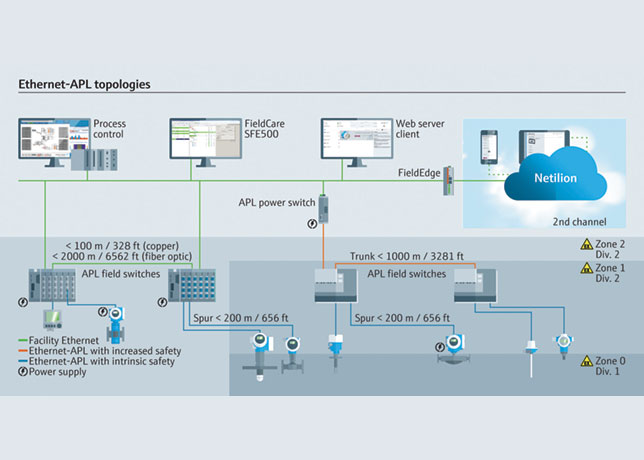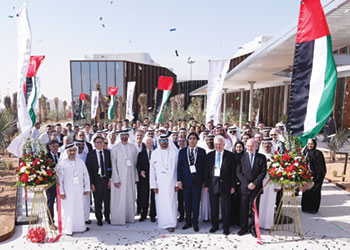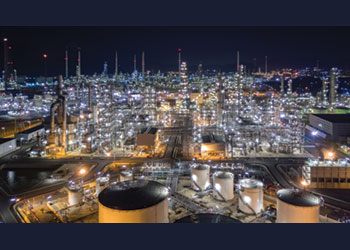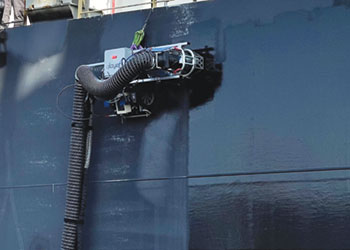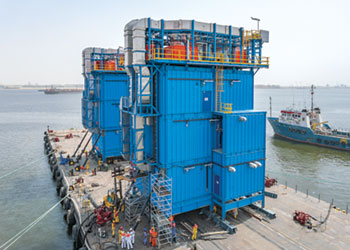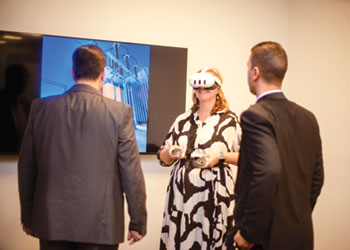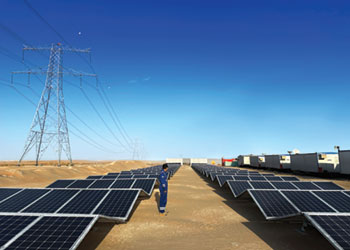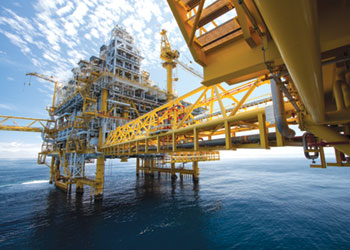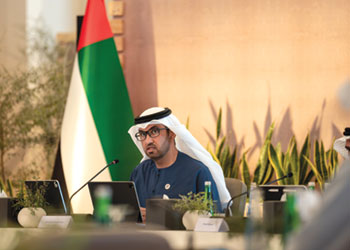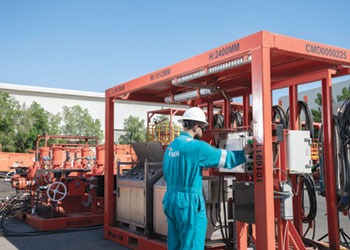
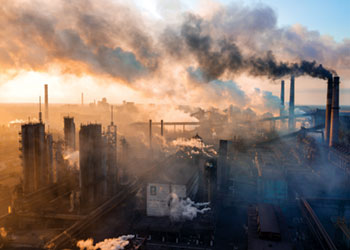 Carbon capture is a necessity for oil and gas
Carbon capture is a necessity for oil and gas
The Middle East will play a decisive role in driving clean tech forward, and Carbon Clean believes the region will rapidly become one of its major markets globally, Aniruddha Sharma tells OGN
Carbon Clean expanded its presence in the Middle East last year when Adnoc selected its innovative modular CycloneCC technology for a project at Fertiglobe’s nitrogen fertiliser plant in Al Ruwais, Abu Dhabi.
The project will be the first deployment of a 10-tonne-per-day CycloneCC industrial unit anywhere in the world.
Oil and gas companies in this region have extensive technical expertise and carbon capture (CC) experience spanning decades.
Combined with Carbon Clean’s specialist knowledge and innovative technology, it is clear that such partnerships are mutually beneficial.
Collaboration is key to progressing carbon capture, utilisation and storage (CCUS) and vital to achieving net-zero targets.
"I truly believe that the Middle East will play a decisive role in driving clean tech forward in the next few years and believe it will rapidly become one of our major markets globally," Aniruddha Sharma, Chair and CEO of Carbon Clean, tells OGN energy magazine.
He says: "As a global business with a vision to deliver industrial decarbonisation on a gigatonne scale, Carbon Clean is very interested in sharing expertise and working with the most influential leaders.
"That’s why the oil and gas and industrial sectors in the Middle East, as well as companies in the region’s CCUS supply chain, have become such an important part of this conversation."
ELIMINATING BARRIERS TO WIDESPREAD ADOPTION OF CARBON CAPTURE
Some solid progress was made at last year’s COP28 conference in Dubai. Importantly, it was the first time CCUS was mentioned in the final agreement, and the text clearly underscores its vital role in decarbonising hard-to-abate sectors.
 |
Sharma ... decarbonisation focus |
Carbon capture is an absolute necessity, not just for oil and gas, but also for steel, cement and shipping, as these sectors have very limited options for near-term decarbonisation.
"Time and time again, we’ve heard from executives of hard-to-abate sectors that cost and space are the biggest challenges to widespread adoption. Unlike conventional approaches, CycloneCC is prefabricated, standardised and scalable, reducing the equipment size by up to 10 times," says Sharma.
Crucially, CycloneCC reduces both the overall cost and physical footprint of carbon capture by up to 50 per cent, and can be installed in a matter of days.
Sharma says their goal is to deploy CycloneCC units on an industrial scale, and the Middle East is front and centre of their ambition.
IMPORTANT NEXT STEPS
Keen to see the pledges of COP28 and other international conferences turned into real-world outcomes, Sharma says this will increasingly happen organically, as businesses act on decarbonisation plans and investors ask companies for updates on their decarbonisation strategies.
And this creates a platform for clean tech businesses like Carbon Clean.
"As we ourselves grow, there are a few key things we’ll look for as a business when making long-term investment decisions. Firstly, we will double down on countries where policy and regulation are aligned, supportive and stable, says Sharma.
He says business needs to have confidence that the regulatory environment is predictable and stable throughout the project lifecycle, from inception to delivery.
"We’ll continue to prioritise markets that foster a supportive environment to commercialise and deliver our technology," he adds.
Second, Carbon Clean is going to prioritise scaling commercial projects. Again, its focus here will be on investing in environments where there is strong public-private sector collaboration, in countries where it is confident that projects will be scaled at speed.
"When I co-founded Carbon Clean with my business partner Prateek Bumb in 2009, our shared vision was to mitigate the impact of climate change through industrial decarbonisation. Strong partnerships with hard-to-abate sectors in the Middle East, are essential to achieving this objective," says Sharma.
His goals for the business are quite clear:
• To be a partner of choice for companies in hard-to-abate sectors wanting to adopt carbon capture technology as part of their decarbonisation mix.
• To work with governments wanting to create high-skilled jobs, be a global leader in clean technology, and decarbonise their economy.
• To be the first port of call for investors wanting to capitalise on the market opportunity available to first movers in carbon capture.
• To be a magnet for skilled professionals who want to drive progress in mitigating the impact of climate change.
CONTINUING THE DISCUSSION AT IPTC
There was a palpable sense of purpose around decarbonisation at the International Petroleum Technology Conference (IPTC) exclusively hosted by Aramco in the Kingdom of Saudi Arabia in February.
Bringing together 20,000 delegates from across the global energy sector, IPTC is one of the most influential industry forums, held in one of the most important energy markets, so it was a key event for Carbon Clean to exhibit at and attend.
"At Carbon Clean, we’re excited for what’s to come. COP28 gave us all a call to action, and the conversations we’ve had at IPTC illustrate the region’s commitment to delivering industrial decarbonisation on a huge scale. We are ready to play a part in that journey," concludes Sharma.
By Abdulaziz Khattak







































































